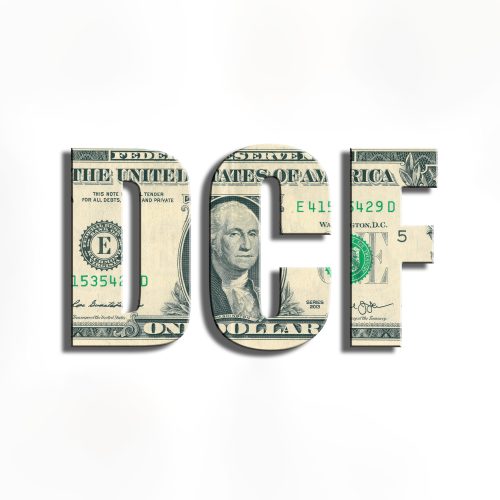Tax, Trusts and Estates Alert: 2019 Brief Update of Estate Tax Laws
We are sending this 2019 Brief Update of Estate Tax Laws to all of our valued clients. Some of you have already contacted us, and we apologize in the event some of the following information is repetitive. For those of you who have not contacted us in 2019, your estate planning documents probably need updating (see below). In either event, we invite you to read this alert and contact us with any questions.
New Jersey
Estate Tax. As of 2018, New Jersey repealed its estate tax, and this repeal remains in effect.
Inheritance Tax. New Jersey still imposes an inheritance tax at death, based on your relationship with the beneficiary to whom you leave assets. While there is no tax for a Class A beneficiary (parent, grandparent, spouse/civil union partner/domestic partner, descendant, stepchild) or a Class E beneficiary (exempt organizations), the rates range from 11% to 16% for Class C beneficiaries (sibling, spouse/civil union partner of a child) and 15% to 16% for Class D beneficiaries (any beneficiary not in Class A, C, or E; an example of a Class D beneficiary is a step-grandchild).
New York
Estate Tax. The New York exemption (also known as basic exclusion amount) on or after January 1, 2019 and before January 1, 2020, is $5,740,000. Planning is necessary to efficiently take advantage of this exemption.
Federal
The Tax Cuts and Jobs Act significantly increased the federal estate tax exemption for a set period of time. For 2019, the federal estate tax exemption is $11,400,000 and this has been projected to be increased to approximately $11,580,000 for year 2020. However, under current law, as of year 2026, the federal estate tax exemption will revert back to prior levels (meaning a base of $5,000,000 indexed for inflation from 2010 to 2026), which is estimated to be somewhere above $6,000,000. Planning will be required before 2026 to take full advantage of the increased exemption.
Estate Planning Effect
In many wills executed prior to 2018, a separate trust was used to specifically take advantage of the New Jersey estate tax exemption. With no New Jersey estate tax, this trust may no longer be necessary or appropriate. Contact us if you would like to meet in order to review your estate plans and determine what revisions to your estate planning documents and/or gifting strategies are appropriate. The impact on any outstanding business agreements and suitability of life insurance coverage should also be reviewed.
If you would like to speak to an attorney about tax or estate planning and/or you have any questions regarding this alert, please do not hesitate to contact:
Stuart M. Gladstone, Chair – Trusts and Estates Practice
sgladstone@bracheichler.com
973.403.3109
Susan Dromsky-Reed, Member
sdromsky-reed@bracheichler.com
973.403.3146
David J. Ritter, Chair – Tax
dritter@bracheichler.com
973.403.3117
Related Practices: Trusts and Estates, Tax
Related Attorney: Susan K. Dromsky-Reed, Stuart M. Gladstone, David J. Ritter












